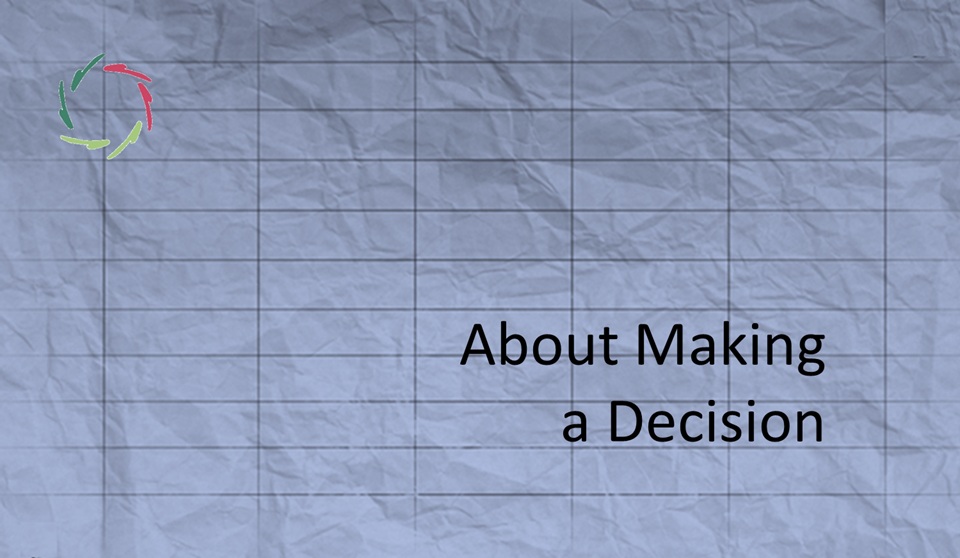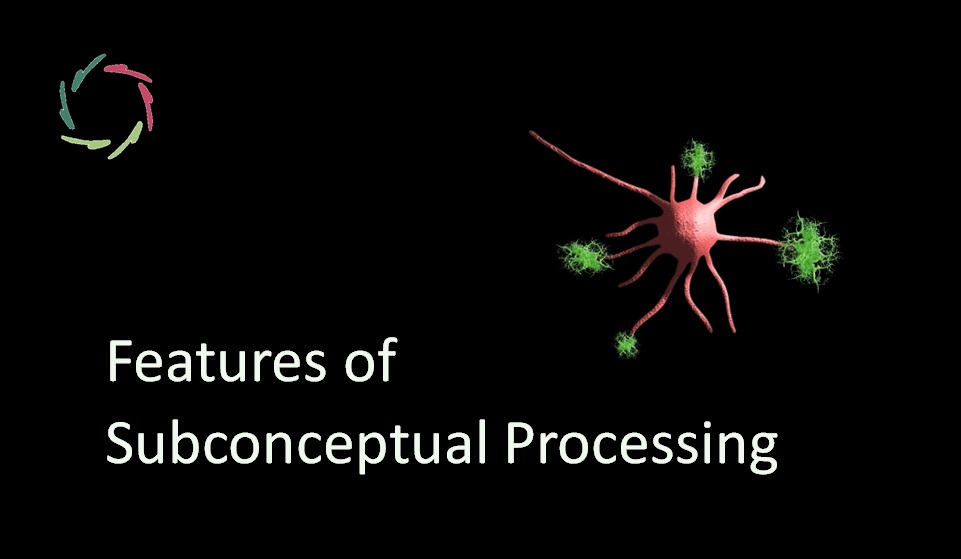The Brainy Trinity

The ‘triune brain’ is a popular concept: reptilian – mammalian – human. Yet the brain functions as a whole. This has huge implications.
Evolution, no engineering
Evidently, a mechanically engineered brain would be very different from the organically evolved one that we may call ‘home’ in the most literal sense.
We are organic. Any naturally evolving organism ‘grows’ as a whole, continuously. Our ‘engineer’ is natural evolution. Thus, we at any moment, driven by the urge of that moment and towards the next moment. Nothing is completely ‘new’ at any time.
Evolution also never has any precise goal at long term.
Within the brain: ‘(a) reptilian –> (b) mammalian –> (c) human’?
Anatomically, with huge reservations:
- = brainstem, hypothalamus…
- = limbic system
- = cortical structures
This is the concept of the ‘triune brain’. There is indeed some brainy modularity. However, there are no three brains under the skull. The ‘triune’ brain, as it is mostly viewed, is a gross oversimplification. Even our ‘reptilian’ parts are very human.
Functionally, there is even less modularity than at the level of anatomy. Still, I think it’s interesting to follow the tri-unity this way. Functionally speaking:
the evolution towards us, humans, went from existential (a) to complex (b) to flexible (c).
In (a), one finds the sheer drive to live. It is very ‘I’ oriented. An organism – such as you or me – needs of course to exist before being able to do anything else. If one perchance forgets this, trouble lies ahead. (a) is the realm of our basic instincts, more or less automatically making us live.
In (b), one finds a pre-dispositional attitude: emotions/motivations ‘pre-dispose’ us towards action. There is more complexity – thus also ‘freedom’ – in (b) than in (a). However, there is a lot of cooperation and integration between these levels. (a) evolved towards more complexity together with (b).
Evolution further evolved towards (c): more modularity within complexity. This led our brain also towards more conceptual mental processing: concepts are a kind of mental modules. The advantage is a lot more flexibility. This ‘new’ goal evolved from prior stages, as is – evolutionarily – generally the case.
(a), (b) and (c) are very much a whole.
In view of this whole:
(b) wasn’t engineered apart from a striving within (a).
(c) wasn’t engineered apart from a striving within (b) and (a).
(a) wasn’t (further) engineered apart from the context of (b) and (c).
(b) wasn’t (further) engineered apart from the context of (c).
We should take this into account in everything. We don’t have a separately functioning (a) within us, nor a (b), nor a (c). There should not be the idea of any kind of competition between these, let alone a fight, let alone an aggressive fight. Such idea provokes a lot if inner aggression.
We are at our best when we live in unity with ourselves, being what we are.
No inner dissociation. Real human beings. Integrally one.
A lot of present-day problems are the direct results of the opposite – namely inner dissociation and aggression – with huge implications on domains of health, morality, politics etc.
We need to grow beyond.
Urgently.


